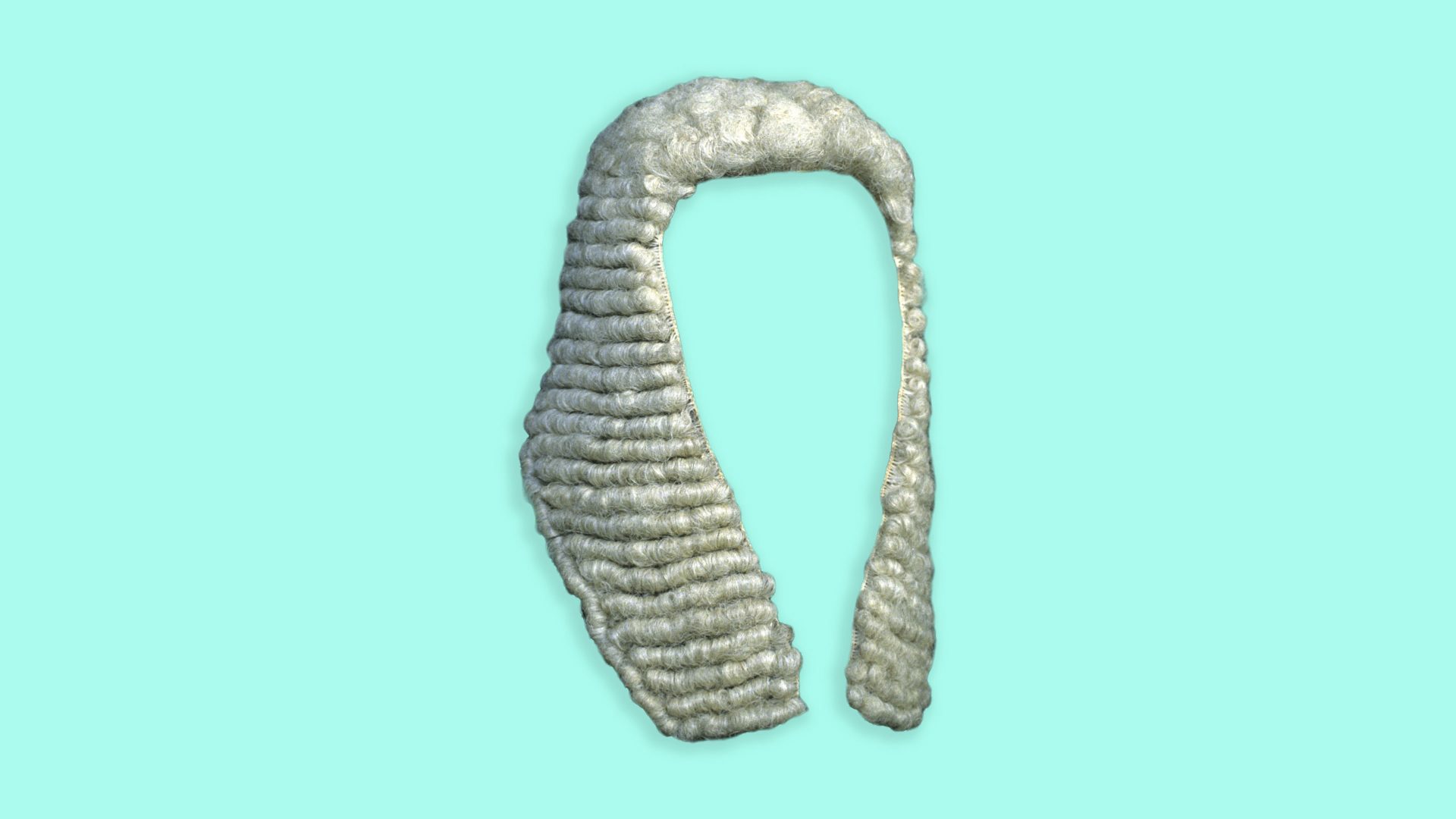Victims do not get their compensation, quick action to fix obvious problems is impossible and the guilty escape the blame. And yet the inquiries drag on…
Dreadful things happen. Something must be done to stop them from ever happening again and, in the UK, the belief, despite plentiful evidence to the contrary, still seems to be that there is only one obvious response to a tragedy – a public inquiry.
One of those currently underway stems from the horrendous attack that involved the deaths of three little girls in Southport last summer. The inevitable inquiry has just embarked on its public hearings and, while it may or may not result in drastic changes in the way society is protected from deranged and dangerous characters, it is certainly reigniting the horror – and outrage – of a year ago.
Whether it be a governmental foul-up, a terrorist rampage or a pattern of criminal activity, the clamour for a member of the great and good to be summoned to preside over an official inquisition is guaranteed. No matter that the basics of what went wrong may be blindingly obvious, or that immediate action is needed. Instead, it is the ritual examination of witnesses and the stories of victims that are deemed essential.
As the inquiries drag on – and they certainly do – action is, all too often, shelved. As a delaying tactic for governments keen to postpone, and perhaps spread around, embarrassment, they can serve a useful purpose. And as a gravy train for lawyers, they have fulfilled a remarkable function.
One wit referred to the Saville Inquiry into the Bloody Sunday killings as “Tony Blair’s gift to his old profession” and with good reason: the former barrister turned prime minister launched the inquiry in 1998. It eventually published its report in 2010, an unquestionably thorough investigation into what took place in 1972. The total cost was £195m, a hefty slice of which went to a battalion of lawyers. The report was delivered 38 years after the event.
None of which has quelled the appetite for inquiries into events that should have been dealt with many years ago. The sheer idiocy of the situation is being demonstrated again in the cases of the Horizon computer scandal at the Post Office and the shameful tale of youngsters being treated with infected blood.
While both inquiries have dutifully wound along their wordy ways, victims have died without the compensation they so clearly merited. This is not a criticism of those appointed to chair the investigations but of a system that is so obviously failing to deliver.
Earlier this month, Sir Brian Langstaff, could barely contain his fury over the fact that compensation was still not reaching people whom the National Health Service had infected with contaminated blood products in the 70s, 80s and early 90s. Having concluded his inquiry and produced the report last year, the retired high court judge was so incensed by the continuing failure that he has now issued a further 200 page report, slamming continuing government failure to pay victims and their families.
Depressing similarities exist with the tale of Horizon, the faulty computer system that destroyed the lives of hundreds of British sub-postmasters, who were accused of stealing. The Post Office’s appalling treatment of those falsely-accused employees led to jail sentences. At least ten of them are believed to have committed suicide as a direct result of their treatment.
It was the very end of the last century when the flawed Horizon computer system was introduced into the Post Office network and the first doubts about its reliability were reported a year later. After a campaign by victims and amazing cover-ups by their persecutors, the Post Office, an organisation entirely owned by the government but run “at arms length”, agreed in 2019 that it would pay very limited compensation.
A year later the government set up a statutory inquiry and last week the chairman, Sir Wyn Williams, another retired judge, published his initial report. It was a grim account of the miseries inflicted on many innocent people by the public body that employed them. Much of it came as no surprise, since the hearings had often made gripping, almost unbelievable, television viewing. People who had been party to what had all the appearances of a conspiracy seemed incapable of contrition.
When ITV turned the saga into a drama, the scandal and the lead campaigner, Alan Bates, rose to national prominence and at last the government realised that drastic action was required. The then prime minister, Rishi Sunak, took a highly unusual step and revoked the CBE awarded to Paula Vennells, who was chief executive of the Post Office between 2012 and 2019.
But, even if that gesture provided meagre satisfaction to those still awaiting compensation, they could not have been prepared for the news that has just emerged: Fujitsu, the company that had denied there was any problem with its computer system, was still being awarded government contracts in the UK. One, in particular, is worth around £370m.
So, while the public inquiry completes its final report, at an estimated cost of more than £50m, and victims wait for compensation, Fujitsu, which supplied the faulty system and has yet to pay a penny in compensation, is being rewarded.
The current government did appear to have doubts about the value of public inquiries, initially refusing to launch one into grooming gangs. It argued, quite reasonably, that the recommendations of the earlier inquiry led by professor Alexis Jay, had not yet been implemented. But the clamour became louder.
The Conservative Party, which had not felt moved to launch such an inquiry, declared it an outrage that Keir Starmer would not do so – and so now it is happening. Just don’t expect to learn very much from it, or see any actions result. Meanwhile, the Covid inquiry continues… it might be finished, at a cost exceeding even Saville.
